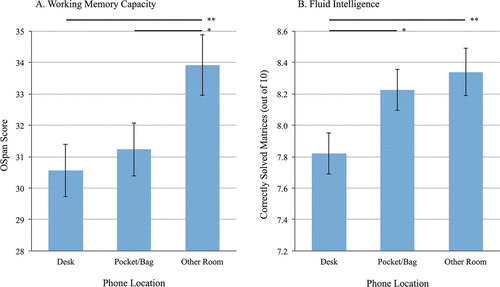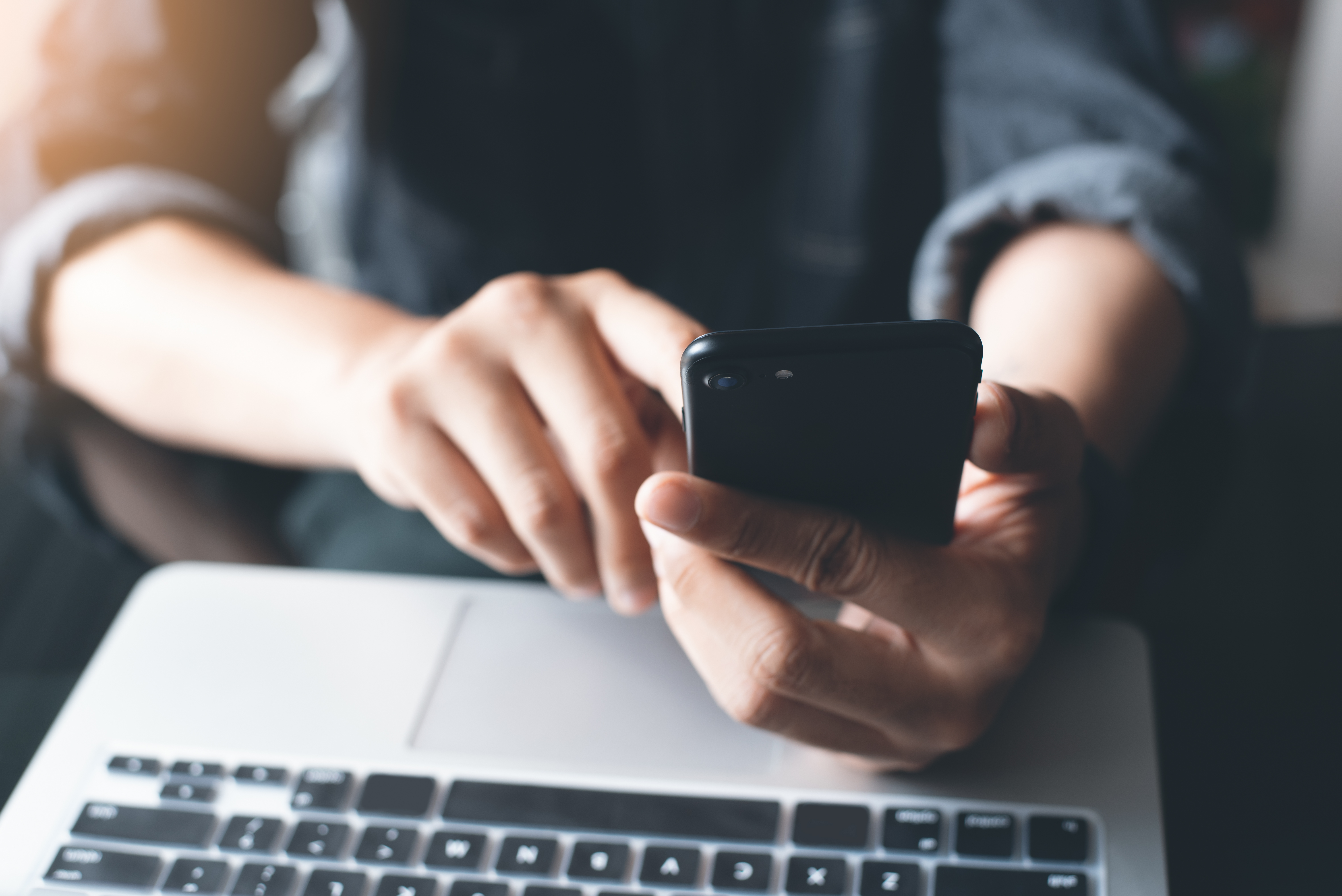Welcome to our new section, Thrive on Campus, devoted to covering the urgent issue of mental health among college and university students from all angles. If you are a college student, we invite you to apply to be an Editor-at-Large, or to simply contribute (please tag your pieces ThriveOnCampus). We welcome faculty, clinicians and graduates to contribute as well. Read more here.
You are good students. Most of the time, you come to class with the best of intentions, willing to listen, think, and engage (or so I believe). But like the rest of us, you carry a device that’s perfectly designed to distract you, pulling your attention away from our conversations in class.
We often pick up our phones with the best of intentions: “I’m just going to send one quick text!” But once we pick up our phones, they grab our attention and we don’t put them back down. I see this happen to colleagues in meetings, and I see it happen to students in class. And yeah, it happens to me too.
But that’s OK; we’re listening at the same time. Aren’t we?
No, not really. Human beings can’t multitask. When we think we’re doing more than one thing at the time, like reading on the phone while listening to a lecture, we’re actually rapidly switching our attention back and forth. This takes a lot of effort, and the quality of both our reading and our listening suffers — we understand and remember less of what is said.
What about a quick 30-second phone check?
Better, but not good. Whenever we switch our attention from one task to another, part of our attention lingers on the previous task. This means that you don’t just miss 30 seconds when you send that quick text. After you finish the text, part of your mind still dwells on it. And then, you’ve missed a lot more than 30 seconds of class, and you’ll have to struggle to catch up. If the conversation in class is complicated, you may not be able to figure out what’s going on — and you’ll be tempted to pick up the phone again instead.
And of course, if you are like most people, you pick up your phone several times in an hour. Each time, you miss part of what is going on and your brain has to work harder to catch up. To make it worse, all this switching makes your brain tired and that makes it even harder to focus.
So what if I just keep my phone out, but don’t use it?
Surprisingly, still a problem. Just seeing their smartphone while performing a demanding task hurt people’s performance in a recent study. People performed better if they left the phone in their bags, and they did even better if their phones were in another room.

The researchers from the study call this effect “braindrain” — and that sounds about right.
And devices don’t just drain the brain of the user: Just sitting near somebody using a laptop during a lecture harms people’s comprehension of the material. (I haven’t seen research on whether smartphones distract others in the same way.)
We’re still learning more about how our devices affect us. New research may complicate the picture. And of course, our devices are tremendously useful.
But. To sum up the downside: Screens attract our attention so strongly that they make it harder for us to focus on other things. We end up having to work harder and longer to get our work done. And because our devices keep us from focusing effectively, the quality of our work goes down. We remember less and don’t think as clearly. All this results in worse performance even though we feel like we’re working harder than ever.
This doesn’t mean that we’re weak or bad. It also doesn’t mean that we should get rid of our devices. But we need to manage them better so that they don’t keep getting in our way.
Let’s make it easier for ourselves to focus when we work. Don’t give in to temptation but don’t fight it either. Just remove the temptation whenever possible. I put my phone on silent and out of sight when I’m working, and I tell my students to do the same in class.
How you study outside of class is of course up to you, but why not try putting the phone on silent and out of sight and see how it feels?
It will be hard at first; don’t give up; it gets easier.
Allow yourself to focus. Get your work done. And then go do something fun.
Suggestions for further reading
- My blog about focused work here.
- Cool graphic by Kiki Karpus with stats on the costs of multitasking.
- Susan Dynarski on why she stopped allowing laptops in class.
- On the case against multitasking, see here and here. To be more exact than I was above: 97.5% of us can’t multitask effectively.
The fine print
- On how laptops affect the performance of those sitting nearby, see here. On how they affect the performance of the user, see here and here.
- On the effects of just seeing one’s smartphone while performing a demanding task, see here.
- The graph is from “Braindrain: The Mere Presence of One’s Own Smartphone Reduces Available Cognitive Capacity.”
Subscribe here for all the latest news on how you can keep Thriving.
More on Mental Health on Campus:
What Campus Mental Health Centers Are Doing to Keep Up With Student Need
If You’re a Student Who’s Struggling With Mental Health, These 7 Tips Will Help
The Hidden Stress of RAs in the Student Mental Health Crisis


